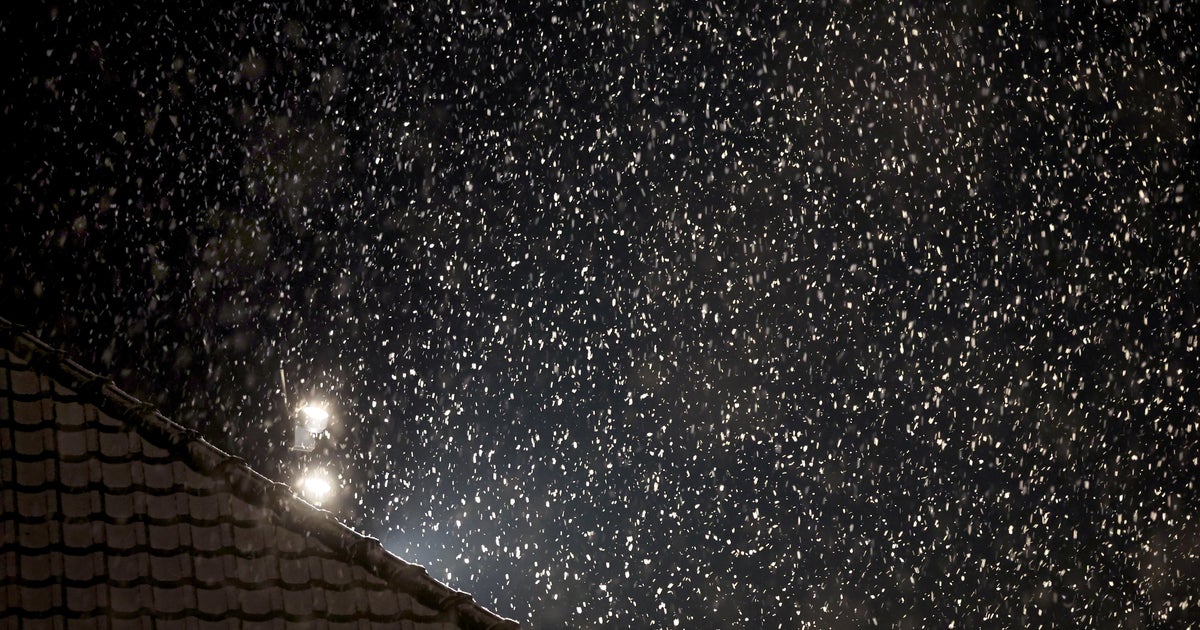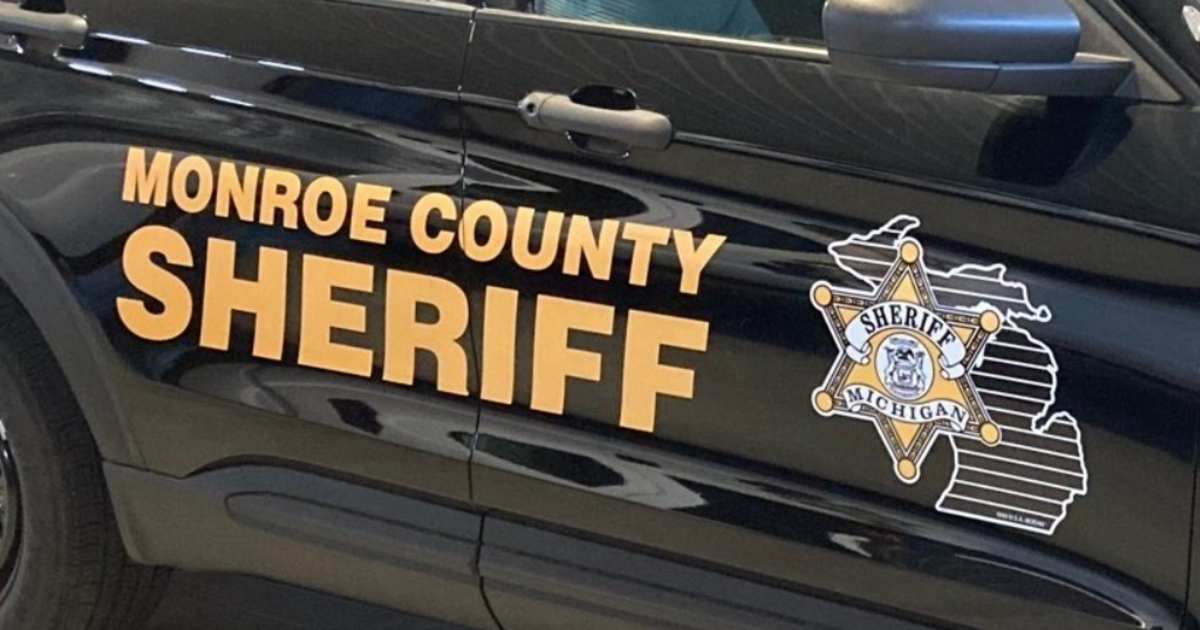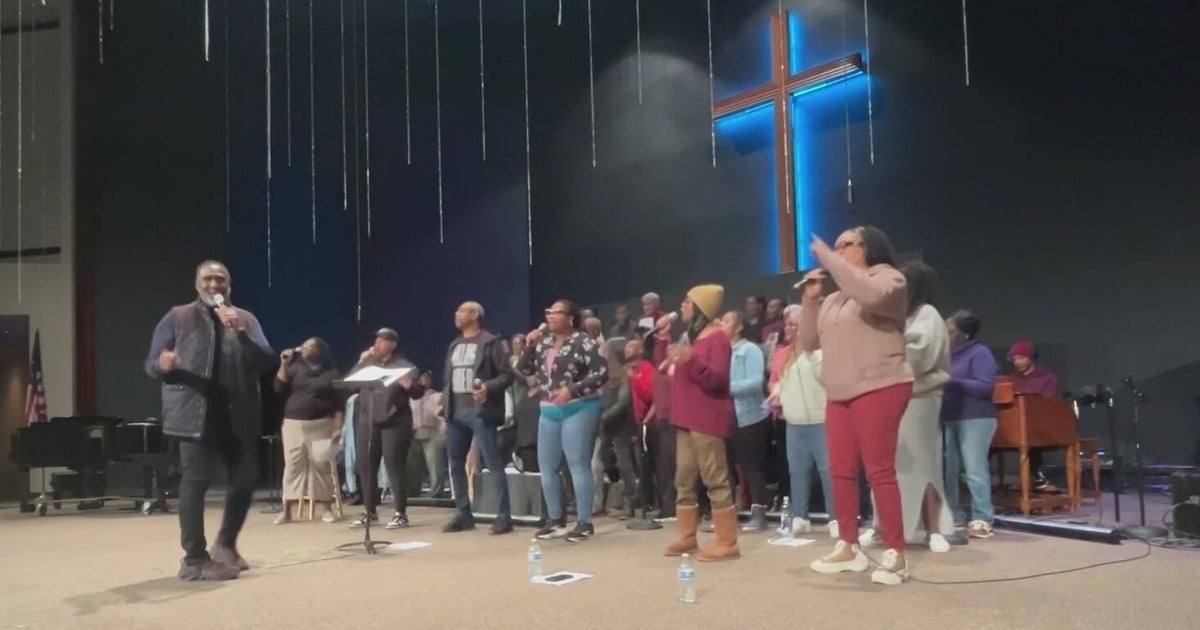Forgotten cemetery gets cleanup as centuries-old Maryland church reckons with its history of slavery
A small church cemetery in Bowie, Maryland, which was hidden from history due to years of neglect, has been revealed, and in the process illuminated a dark part of America's history of slavery.
The restoration of the cemetery behind Sacred Heart Chapel has been the result of a major project by volunteers, parishioners and descendants of those buried.
In the 1700s, the Jesuits founded a church and a plantation at the site, where they kept enslaved people, including Kevin Porter's ancestors.
"This is where they lived, this is where they came to commune after pause laboring all day," Porter told CBS News.
As the Catholic church acknowledges this horror of its past, in November, the Archdiocese of Washington brought in an anthropologist to map and document possible gravesites in an overgrown area next to an existing cemetery near the church.
As volunteers – including church members and some seventh and eighth generation descendants – swept, raked and blew away years of debris, they discovered centuries-old stones, grave markers and indications of burials.
"It's likely that hundreds of people are buried here," project leader Dr. Laura Masur, an assistant professor of anthropology at Catholic University, said.
The project staff marked likely graves with small flags and brushed up the visible stones. According to the church, at least 180 potential graves have so far been identified using ground-penetrating radar.
The church said a committee of descendants, experts and church leaders will eventually determine how to mark and honor the cemetery.
"It's part of the history, and it has been talked about, but needs to be talked about more," Rev. Michael Russo, Sacred Heart's parochial vicar, said. "Other organizations and governments are seeking to do the same. One of them, the state of Maryland, has considered legislation ordering a formal review of burial places through the state to determine where money is needed to find and preserve burial grounds of historic significance to the enslaved African American experience."
Porter hopes to see a memorial on the site one day.
"It's important that we uncover them, honor them," Porter said. "This site is important to our family. It's important to American history. I think we need memorials telling those stories."









